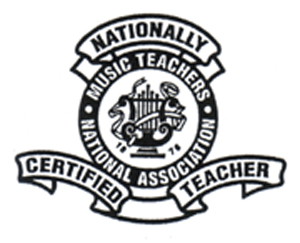|
Not many students would call practicing scales fun (at least, until they become fluent in them). When I ask students why we practice scales, broken chords, cadences, etc. I usually get a blank stare, unhappy face, and a response that goes something like this: "Because... we have to?"
Scales are an essential skill for every musician. They develop:
0 Comments
Leave a Reply. |
AboutElizabeth Borowsky is a pianist, teacher, and composer. She is a Nationally Certified Teacher of Music in Piano (Music Teachers National Association). SubscribeCategories
All
Archives
May 2023
|
Location |
|



 RSS Feed
RSS Feed